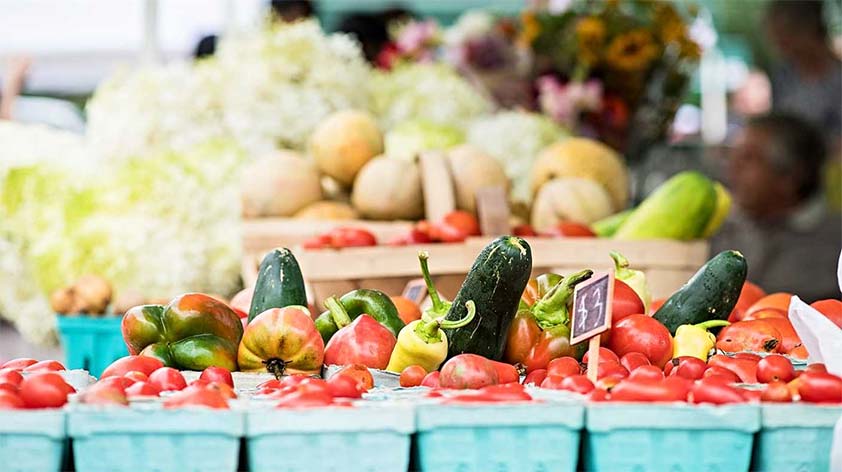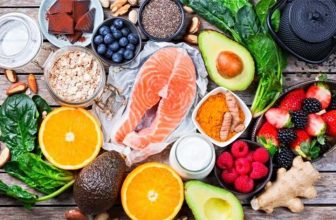
Vegetarianism, Veganism, Paleo, Gluten and Lactose; there are a plethora of diet cultures out there. They each have their cult followings and dedicated advocates claiming that theirs is ‘The One’. Now however, there is a group diet emerging. It’s called the Whole Foods Plant Based diet (WFPB). It’s all about consuming foods in their most natural form meaning the focus lies in good quality ingredients and a deficit of processed foods. Curious? Find out more in The WFPB Diet: What You Need to Know!
Is this the Ultimate Diet?
Unlike most diets mentioned above, there is no clear-cut guidelines to WFPB. It is about prioritising whole foods such as fruit, vegetables and minimally processed sources of protein such as legumes, most diets get the stigma of being overly restrictive and therefore hard to follow.
WFPB is an open concept. Its ‘Plant-Based’ rather than plant only, therefore you are more so encouraged to limit and avoid animal products rather than ban them from your diet altogether. It suggests that you alter your thinking of what a meal is and exclude processed oils, refined white flour, bread and rice for wholemeal alternatives and avoid purchasing goods with high quantities of added sugar.
There is flexibility here. While one person might indulge in some processed sweets once in a while but otherwise eat plant-based only, another might incorporate eggs, fish or other meat when they feel like it. It’s about finding out what works best for YOU.
So, what’s the Catch?
It all sounds great, here is a diet where you can finally personalise your journey without the scrutiny of others. So, what’s the catch? Well placing emphasis on food quality means trying to get ingredients which are organic and locally sourced.
This can be expensive, for some it can seem almost impossible. When you grow up believing that a banana is one of your five a day, finding out that on average hey need to travel just under 5,000 miles to reach your destination is a stark realisation. Some of your staple ingredients are definitely not locally sourced.
Another thing to consider is seasonal produce. If you live in a part of the world where food grows all year round, lucky you! For most of us, winter is a time where we rely on processed, canned or frozen goods. Most probably, you also rely on imported ingredients.
Is there a Happy Medium?
Of course, there is! The things mentioned above are things you might wish to consider; however, they aren’t here to deter you from starting on a journey with the WFPB diet. We said it above and we will say it again, with this diet the boundaries are loose and there are no ‘rules’. It’s the ultimate ‘just try your best’ diet, there is no pressure to keep to any specific regimen. Make healthy choices, find out what you can substitute and what you can discard from your daily diet if it’s not serving you.









